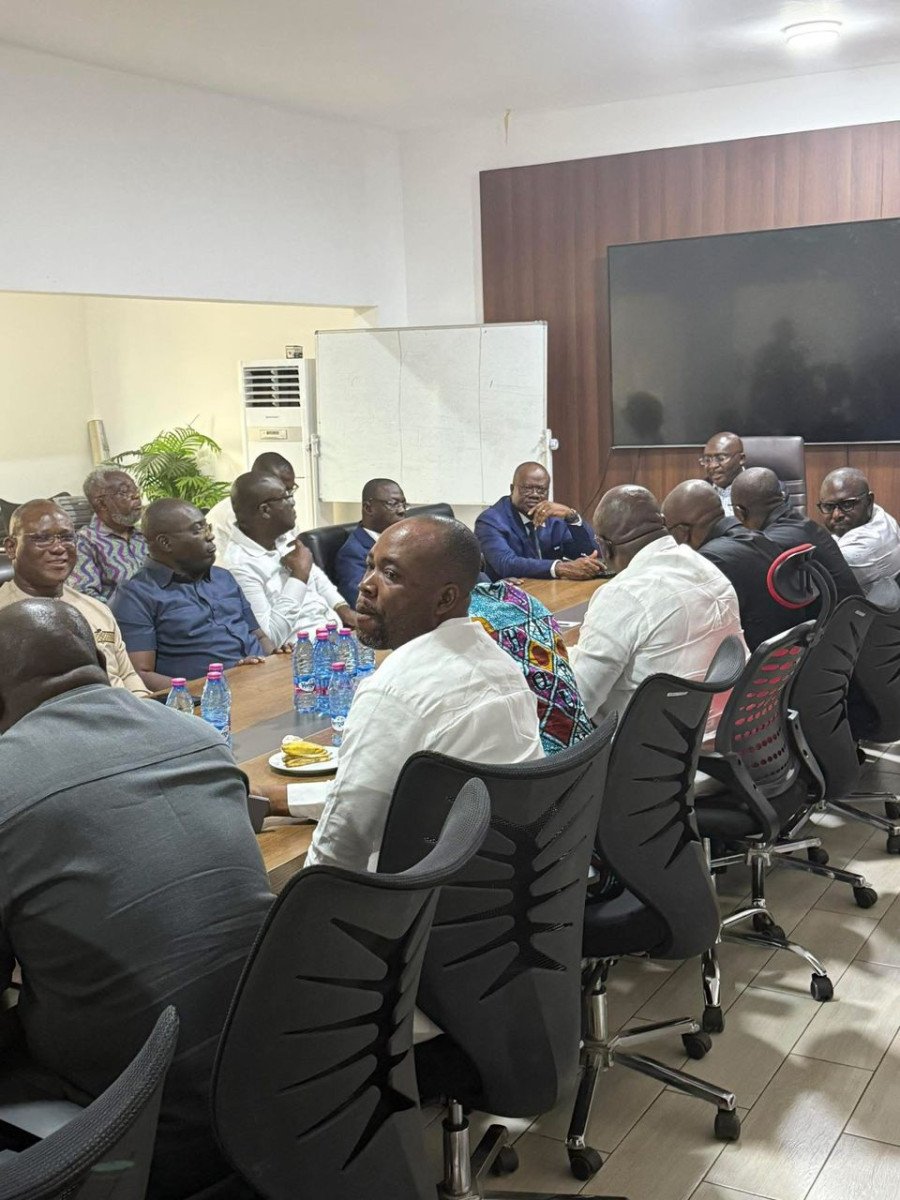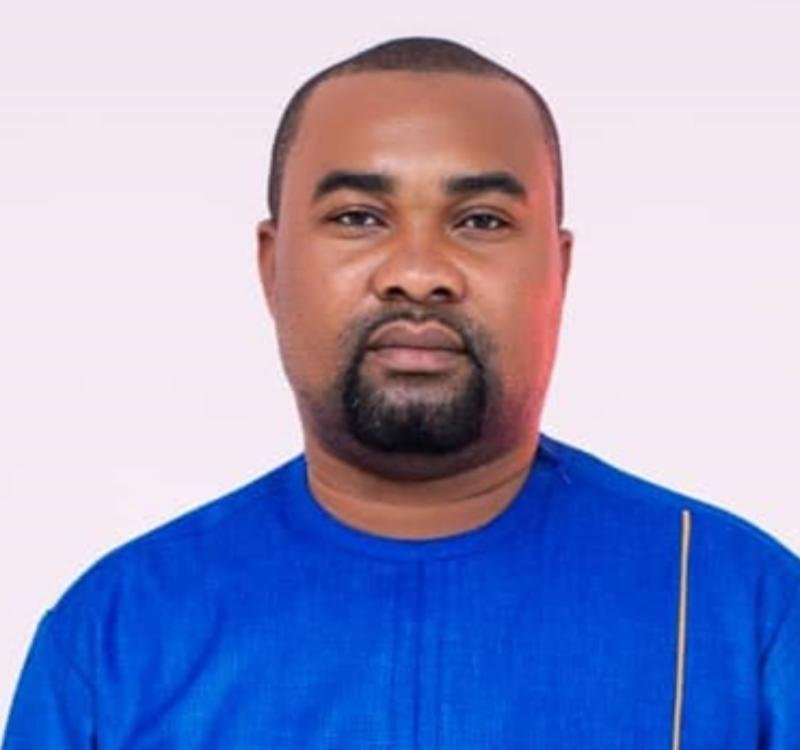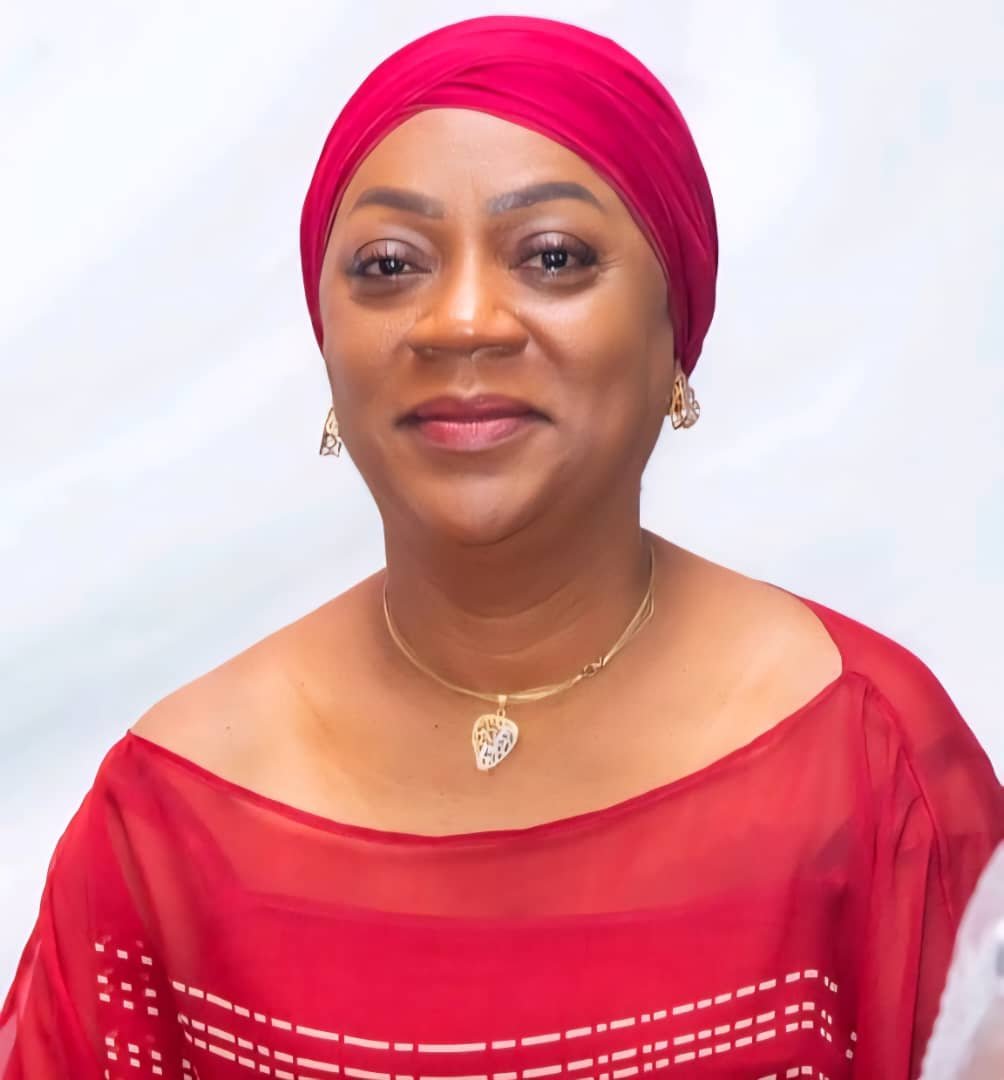Fellow Ghanaians,
The fight against illegal small-scale mining, commonly called “Galamsey,” has recently become a critical national issue. The environmental degradation, pollution of water bodies, and the destruction of farmlands caused by this menace threaten not only our livelihoods but the future of generations to come. Despite significant efforts by successive governments, especially the bold steps taken by His Excellency Nana Addo Dankwa Akufo-Addo, we find ourselves at a crossroads in the battle against this harmful practice.
As we reflect on the steps taken so far, it is clear that despite the deployment of military personnel, the burning of excavators, and other government-led interventions, the Galamsey menace continues to thrive in various parts of the country. The environmental cost is staggering, and the lives and livelihoods of those in affected communities remain at risk.
1. The Need for Community Involvement and Stakeholder Engagement
One of the primary reasons the government’s approach to combating galamsey failed is the lack of involvement of key local stakeholders, including traditional rulers (Nananom), assembly members, unit committees, civil society organisations, and the local community. The fight against galamsey cannot be won from Accra alone. It requires the collective will and active participation of all Ghanaians, especially those in the mining communities who witness the destruction firsthand.
In many cases, these communities have historical ties to small-scale mining that span centuries. They must be brought on board as partners in the fight rather than being alienated by top-down military interventions that often exacerbate tensions. As we saw in the case of addressing illegal fishing on Volta Lake, involving community leaders and local authorities was instrumental in finding lasting solutions. The same collaborative approach is needed to address the galamsey crisis.
2. The Role of Civil Society and Organized Labor
Addressing the role of organised labour and civil society in the ongoing galamsey crisis is also essential. While we recognise the frustrations of various groups, including calls for drastic action against illegal mining, we urge caution and restraint. Rather than embarking on strike actions or politically motivated protests, we encourage civil society organisations, religious leaders, and labour unions to focus on facilitating constructive dialogue. Now, more than ever, we need comprehensive, long-term solutions that unite all stakeholders to protect our environment and safeguard livelihoods.
We call on these groups to channel their energies toward advocating for practical, inclusive policies that address the root causes of galamsey while ensuring that the affected communities are not pushed further into poverty.
3. Addressing the Ethnocentrism in the Debate
We must also be mindful of the ethnocentric undertones that have begun to emerge in the Debate surrounding galamsey. It is concerning that some of the loudest voices calling for a complete ban on small-scale mining hail from regions where fishing is the dominant livelihood and who may not fully appreciate the devastating impact such a ban would have on communities that rely on mining for survival. We must resist the temptation to turn this issue into a regional or ethnic divide. The fight against galamsey is a national battle, and all regions must work together to find a balance between economic survival and environmental protection.
4. Call for a Comprehensive, Multi-Stakeholder Approach
The government must expedite its efforts to control galamsey, but this time with a more strategic, holistic approach. This fight cannot be left to the government alone. We call on all political leaders, especially as we approach the next election cycle, to present clear and actionable plans with timelines to address the galamsey menace. Civil society, religious organisations, traditional leaders, and local authorities must demand a comprehensive strategy from these leaders to tackle this issue.
5. All Presidential Candidates Must Sign a Pact: A Call for a Unified Commitment to Continue the Galamsey Fight
As we approach a critical election period, the issue of illegal small-scale mining (galamsey) should not be viewed through a partisan lens. It transcends political allegiances and demands the unwavering commitment of every Ghanaian leader, regardless of their party affiliation. Therefore, it is imperative that all presidential candidates, as a demonstration of their dedication to safeguarding our environment and future, sign a binding national pact to continue the fight against Galamsey.
This pact should outline each candidate’s commitment to tackling illegal mining and ensure continuity in combating this menace beyond election cycles. Regardless of who is elected, the Galamsey fight must not suffer from changes in government. This should be a national priority that every administration is bound to pursue with vigour.
By signing this pact, the candidates will:
Commit to safeguarding Ghana’s natural resources: All candidates should pledge to protect the environment, water bodies, and forests, which have been devastated by illegal mining.
Guarantee stakeholder engagement: The pact must include a commitment to involving community leaders, Nananom, civil society, and other critical stakeholders in finding lasting solutions.
Ensure a transparent and accountable approach: Future governments must guarantee that all resources allocated to the fight against Galamsey are used transparently and that any infractions by state or non-state actors are dealt with swiftly and fairly.
Create continuity and avoid political interference: Regardless of the election outcome, the next administration must build on the successes of previous efforts, ensuring that the fight does not stall or weaken due to political transitions.
By signing this pact, we can assure the people of Ghana that their leaders are genuinely committed to putting the nation’s interests first and protecting our natural heritage for generations to come.
This fight is not just for today but for tomorrow. Let this pact symbolise our collective resolve.
In conclusion, the galamsey issue affects every Ghanaian directly or indirectly. The time for pointing fingers and assigning blame is over. We must unite as one nation to find sustainable solutions to protect our environment, secure livelihoods, and ensure that future generations can inherit a prosperous and green Ghana.
God bless our homeland, Ghana, and may we remain steadfast in this fight for our future.
- SIGNED -
Wesley Owusu, Deputy General Secretary – 0544759734
Habibu Ibrahim, Member – 0266973565
William Obeng Apau, Member - 0546764514
Gilbert Afoakwa, Member - 0241171257
Dr. Keskine Owusu Poku, Member – 0243043915
Alfred Ababio Kumi, Member - 0244770614








